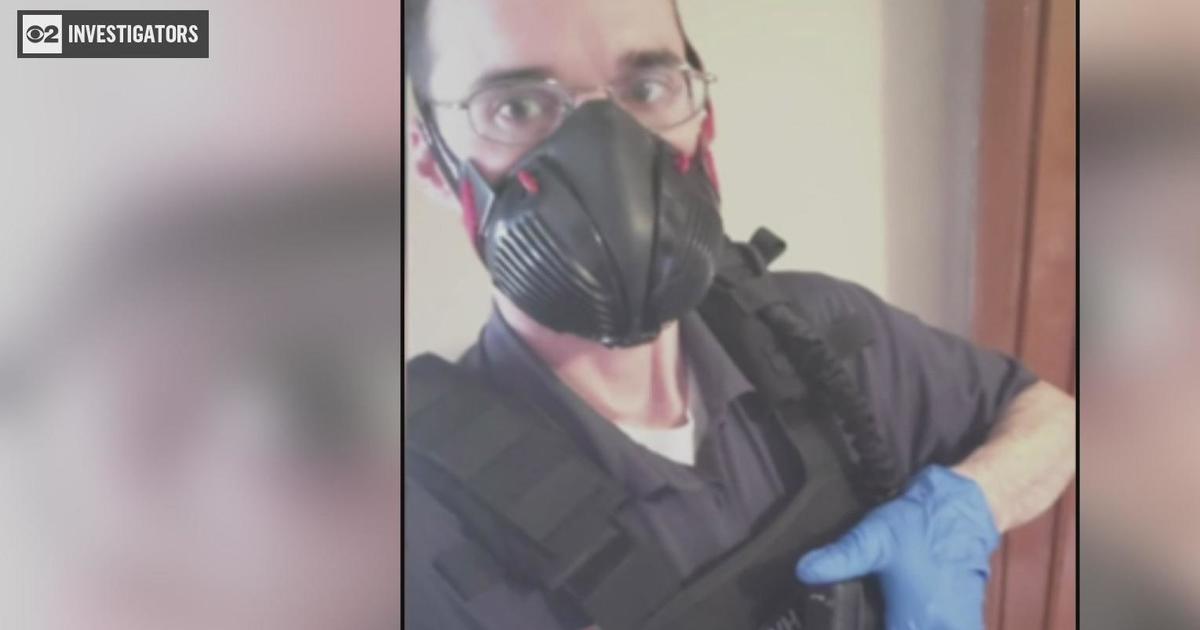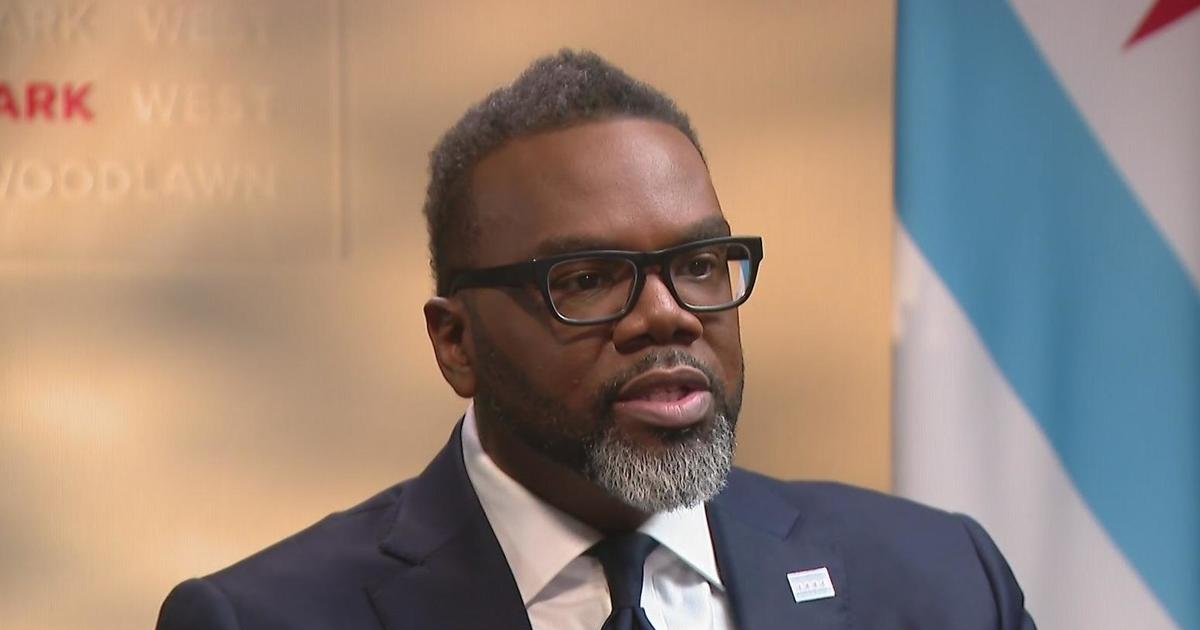Illinois & The Affordable Care Act
More than 15 percent of Illinois residents, age 18 or older, reported that in 2011 they were unable to see a doctor when needed because of cost, according to a Behavioral Risk Factors Surveillance Systems (BRFSS) report. The Common Wealth Fund reports that between 2003 and 2009, the cost of health insurance policies for families in Illinois increased 41 percent; the cost of policies for individuals rose 28 percent over the same period. Overall, 17 percent of Illinois residents lack health insurance, with 12 percent of these uninsured living in households with at least one full-time worker. [1]
Who are the uninsured in Illinois?
Lack of health insurance falls disproportionately on minority populations, with 28 percent of Hispanics and 23 percent of Blacks uninsured in Illinois. The uninsured rate among Whites is 12 percent. Across all ethnicities, seven percent of children age 18 and younger are uninsured and 21 percent of adults ages 19-64 have no health insurance. Among households with incomes less than 139 percent of the Federal Poverty Level, the uninsured rate is 44 percent for adults younger than 65 and 12 percent among children. [2]
What health care programs are available in Illinois?
Employer provided policies insure 50 percent of Illinois residents. Public programs such as Medicaid and Medicare insure another 30 percent, and five percent of residents hold individual private policies. [2] Health Care Service Corporation (HCSC), which operates Blue Cross and Blue Shield of Illinois, issues the bulk of policies in the state, holding 66 percent of the individual market, 68 percent of the large group market and 57 percent of the small group market. Humana and United Health Group are the second and third largest insurers in Illinois. [3]
How does the Affordable Care Act affect Illinois?
The federal Patient Protection and Affordable Care Act of 2010 requires states provide residents with access to a health insurance exchange through which individuals, families and small businesses can compare and purchase health insurance coverage. These exchanges will begin accepting enrollments October 1, 2013 for insurance coverage effective January 1, 2014. Families and individuals with annual household income at or less than 400 percent of the Federal Poverty Level may be eligible for tax credits and subsidies to offset the cost of premiums.
In February 2013, the state of Illinois received conditional approval from the Department of Health and Human Services (HHS) to establish a health insurance exchange in partnership with the federal government. Governor Pat Quinn initially sought to build a state-run exchange, but time constraints made the partnership a better option for the first year. The state continues to pursue building of a fully state-run exchange to be operational in 2015.
Illinois's Health Insurance Exchange
In its partnership with the federal government, Illinois will take responsibility for management of health insurance plans offered through the exchange. In a May 2013 press release, Governor Pat Quinn announced the state has received applications from six insurance providers offering 165 qualified health plans for inclusion in the Illinois Health Insurance Marketplace. A final determination on the acceptability of these plans will be made by HHS at the end of August 2013.
Until the Illinois Health Insurance Marketplace is fully up and running, as of October 1, 2013, Illinois residents will use the Healthcare.gov website to compare plans, apply for coverage and enroll.
Illinois In-Person Counselor Program
The state of Illinois will also provide consumer outreach and assistance services to Illinois residents through an In-Person Counselor (IPC) program. The Illinois Health Insurance Marketplace, in coordination with the Illinois Department of Public Health, will select, through an application process, community organizations to receive training and certification that will enable them to provide in-person assistance and enrollment services. For telephone assistance, the state is planning a call center with staff trained to handle simple to complex issues concerning health insurance and other health needs. The call center will triage incoming inquires and direct them to the appropriate departments.
External resources for Illinois residents:
- Centers for Medicare & Medicaid Services
- Cover USA.org
- FamiliesUSA
- HealthCare.gov
- Illinois Department of Healthcare & Family Services
- Illinois Department of Insurance
- The Kaiser Family Foundation
- KidsWell
- State Refor(u)m
See the full list of external resources from CBS Chicago.
_____________________________________
Sources:
[1] http://kff.org/uninsured/state-indicator/rate-by-employment-status/?state=IL
[2] http://kff.org/state-category/health-coverage-uninsured/?state=IL
[3] http://kff.org/state-category/health-insurance-managed-care/?state=il
Gillian Burdett is a freelance writer covering all things home and living. Her work can be found on Examiner.com.



